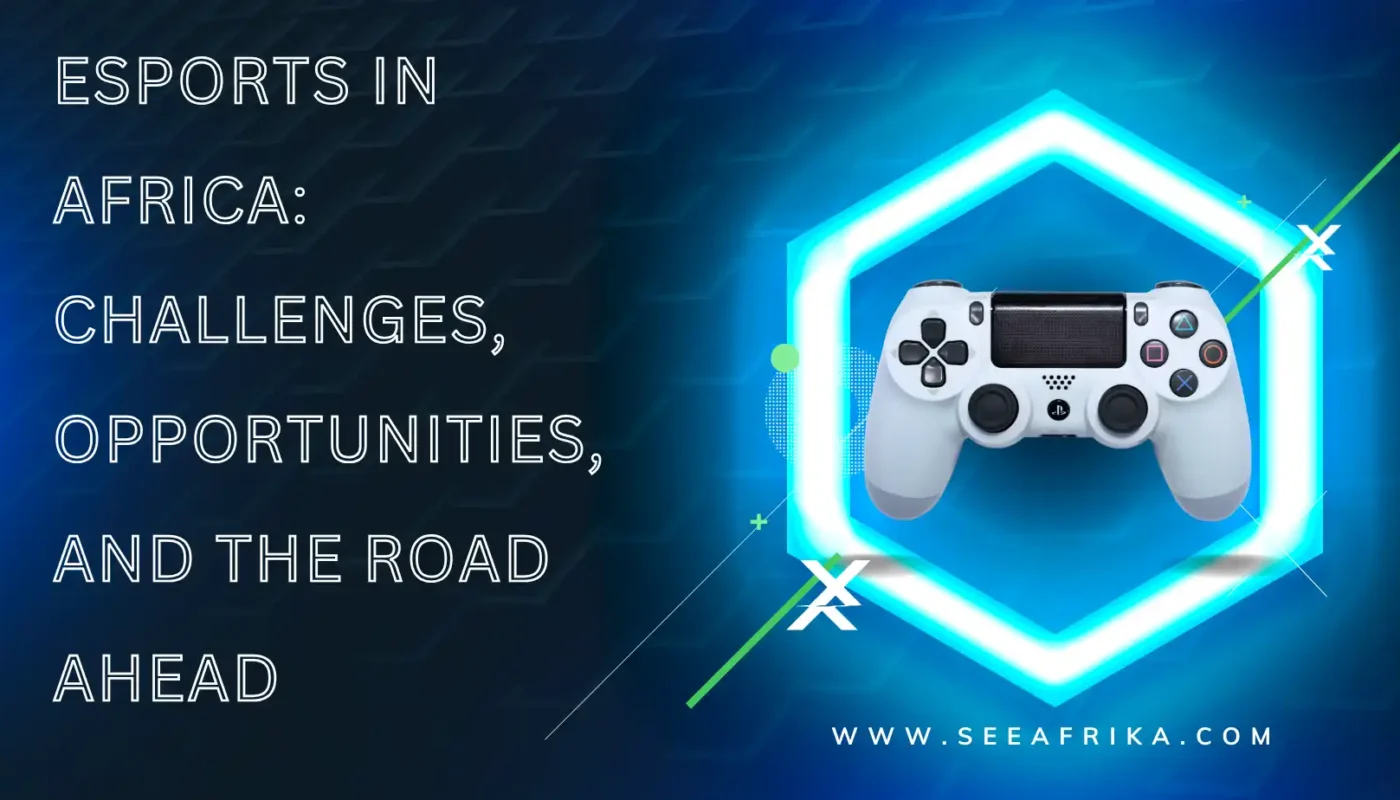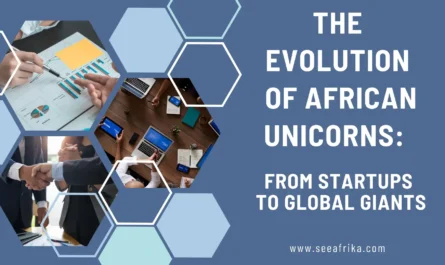The esports industry is rapidly evolving globally, and Africa is no exception. Esports in Africa is gaining momentum, driven by a youthful population and growing interest in competitive gaming. However, despite its potential, the continent faces several challenges that hinder its growth.
First, eSports should be distinguished from online gaming. Esports refers to professional, competitive video gaming in the form of competitions played by experienced gamers. On the other hand, online gaming refers to playing video games online, either by individual gamers or in multiplayer sessions.

The competitive element of gaming is known as esports. Similar to traditional sports, esports players are superstars in their own right, with millions of devoted fans on social media and video streaming sites like Twitch and YouTube. They take part in live matches with enormous crowds of spectators and teams of people.
This blog explores the current state of esports in Africa, highlighting both the obstacles and opportunities shaping this emerging market.
Also read: Tech Startups in Africa: A Thriving Ecosystem
Esports in Africa: A Growing Market
Africa’s gaming landscape is experiencing significant growth. With a large youth population under 25 years old, it is an attractive market for esports companies. Countries like South Africa, Nigeria, Ghana, and Kenya are leading the charge, hosting large-scale tournaments and fostering local talent. The African esports scene is becoming more competitive, with players participating in regional and international competitions.
It should come as no surprise that gaming is becoming increasingly popular in Africa, where the median age of the population is 19.7. Additionally, better internet and more smartphone access are fueling the surge.
However, there are differences in terms of gender. Although women account for over half of all gamers worldwide, there are still not many women in esports in Africa.
Leading figures like Gathoni are encouraging more women to pursue professional gaming despite gender bias and harassment. Initiatives like Women in Games Africa and the GIRLGAMER Esports Festival are working to change that. More women-only features are being added to create more welcoming environments where female gamers can flourish.
Also read: The Evolution of African Unicorns: From Startups to Global Giants.
Key Challenges Facing Esports in Africa
Despite its growth, esports in Africa faces several challenges:
- Internet Connectivity: Poor internet infrastructure hampers players’ ability to stream and compete globally. High ping rates disadvantage African gamers in international tournaments. Africa still has a very low broadband penetration rate; therefore, modern internet and cellphone infrastructure are essential for eSports to succeed. The internet’s ability to foster community building and interconnectedness was one of the immediate factors driving the growth of sport in Western nations. Even while we are making progress, much more needs to be done.
- Economic Constraints: Limited sponsorship and high costs of gaming equipment hinder professional development. Collaboration and sponsorship are crucial. African gamers also have a very difficult time getting into international esports tournaments. A major obstacle to the long-term expansion of eSports in Africa is that game publishers and developers in developed markets tend to collaborate with Asians and infrequently with Africans.
- Legal Framework: The absence of robust legal structures complicates contractual disputes and intellectual property issues. It is common for participants and tournament organizers to have contractual disagreements. Africa still lacks an efficient judicial system that deals with these problems. Litigation is the only way to settle disputes pertaining to intellectual property, trademarks, media, sponsorship, contracts, and other matters. More work needs to be done in this area because the African legal system has not truly kept up with the times.
Also read: Best Business Schools in Africa.
Opportunities in Esports in Africa
Despite these challenges, esports in Africa presents numerous opportunities:
- Youthful Population: With 60% of Africa’s population under 25, there is a vast potential for growth and talent development.
- Growing Investment: Companies like Nodwin Gaming are investing in African markets, expanding esports ecosystems. Nodwin Gaming, an Indian licensor and producer of eSports products, opened a new office in South Africa in March 2020 to mark its expansion. The company has also made investments in Kenya and Nigeria.
- Innovative Solutions: Blockchain gaming and local server deployments are emerging as solutions to current infrastructure issues.
The Road Ahead
As esports in Africa continues to evolve, several initiatives are set to drive its growth:
- Infrastructure Development: Efforts to improve internet connectivity and deploy local servers will enhance competitiveness.
- Government Support: Encouraging government involvement can help establish a favorable legal environment and attract more investment.
- Community Engagement: Leveraging storytelling and community passion can further boost the popularity of esports across Africa.
Also read: Discovering the Beautiful Countries in Africa.
Success Stories
Several success stories highlight the potential of esports in Africa:
- Regional Tournaments: Events like the African Esports Championship have showcased African talent on a global stage.
- International Recognition: African teams are increasingly participating in global competitions, gaining recognition and experience.
- Local Innovations: Companies like Usiku Games are pioneering blockchain gaming, offering new earning opportunities for gamers.
Conclusion
Esports in Africa is poised for significant growth, despite current challenges. With ongoing investments, infrastructure improvements, and community engagement, the continent is set to become a major player in the global esports industry.
We anticipate seeing more of these gaming companies provide solutions similar to what Ubisoft has done with South Africa, which is to use their servers to enable players to compete in online tournaments. There is still space for improvement in the areas of internet service providers’ broadband connectivity and a significant presence on the Global Esports Federation that extends beyond Nigeria, Ghana, Kenya, South Africa, and Egypt.
The esports sector in Africa has a bright future, and we are eager to address more of the conjectures surrounding earnings and player engagement.
As esports in Africa continues to evolve, it will not only create new opportunities for gamers but also contribute to the broader digital economy across the continent.




